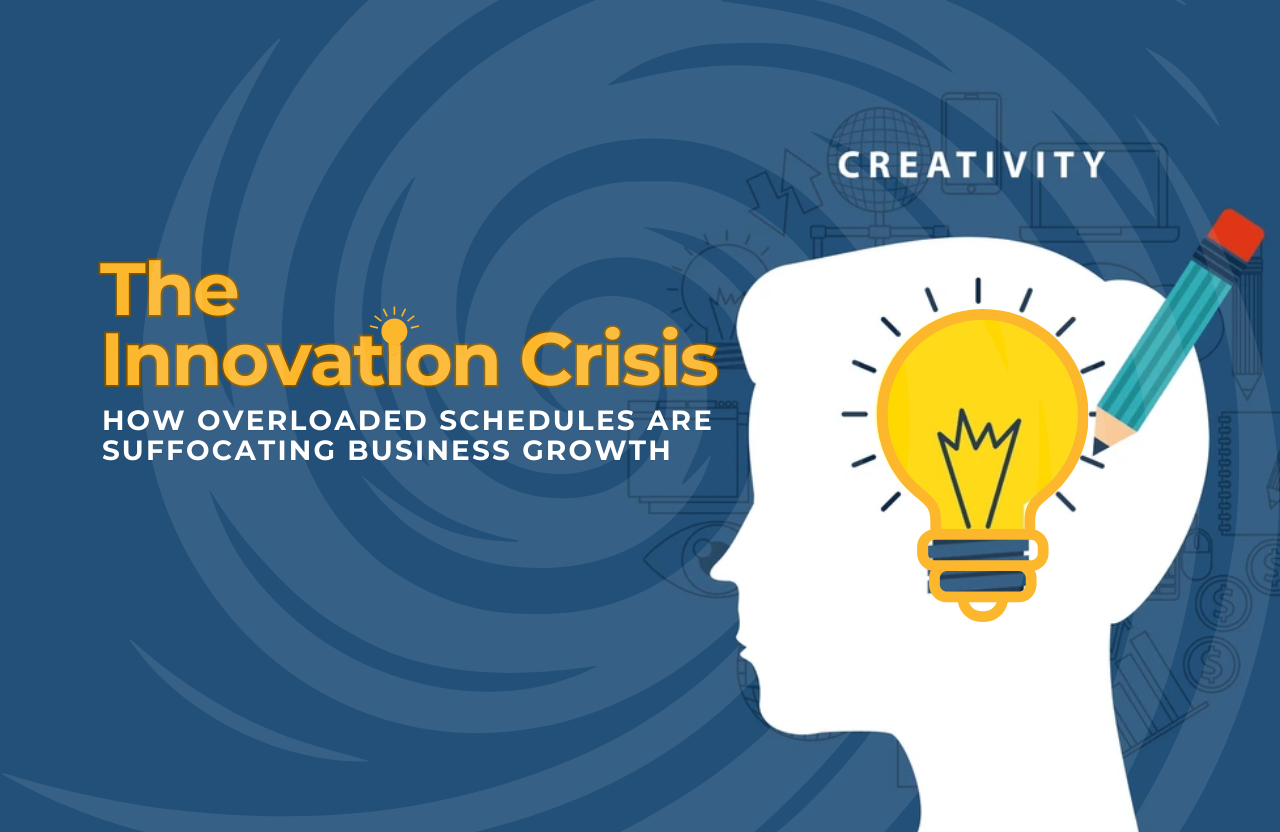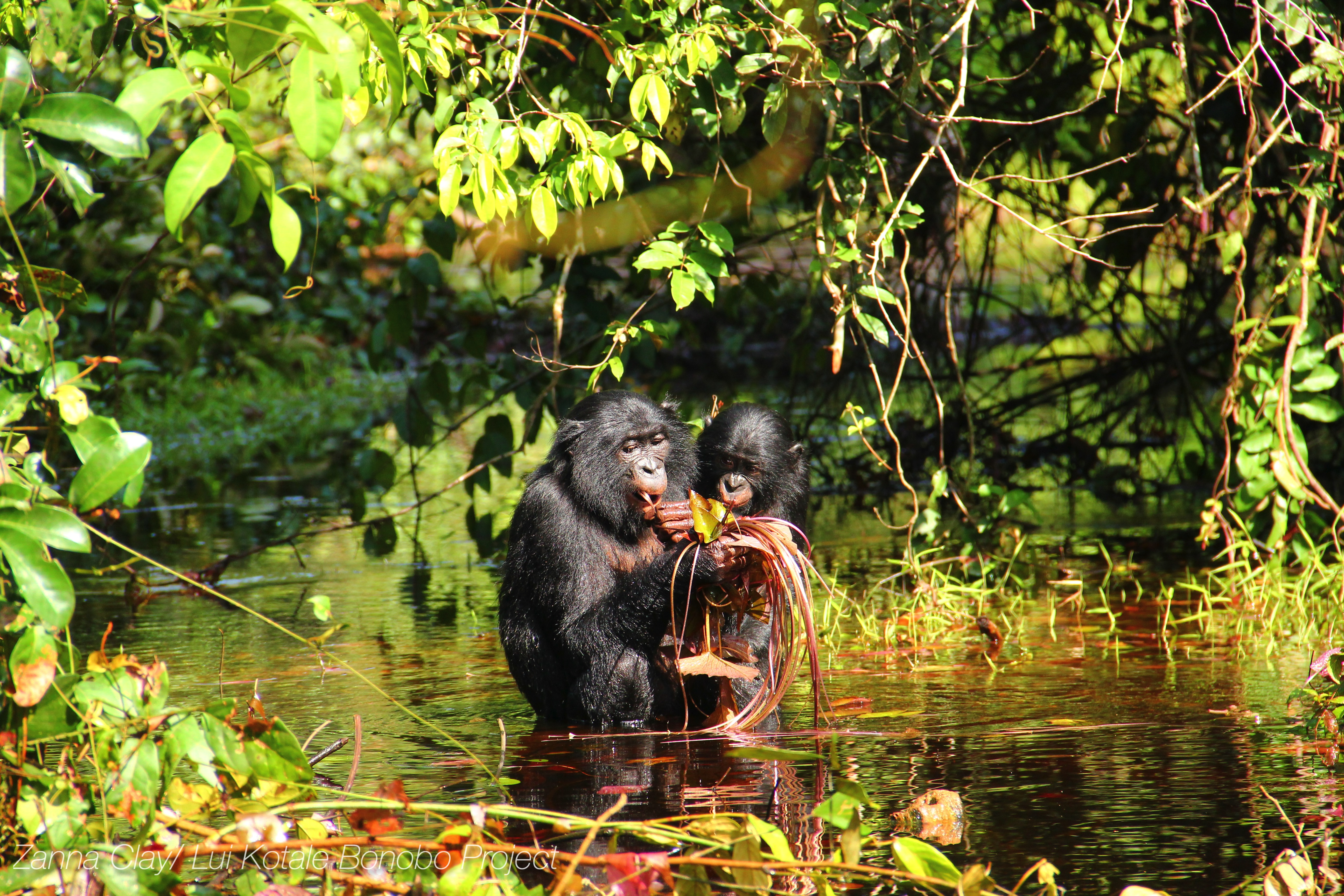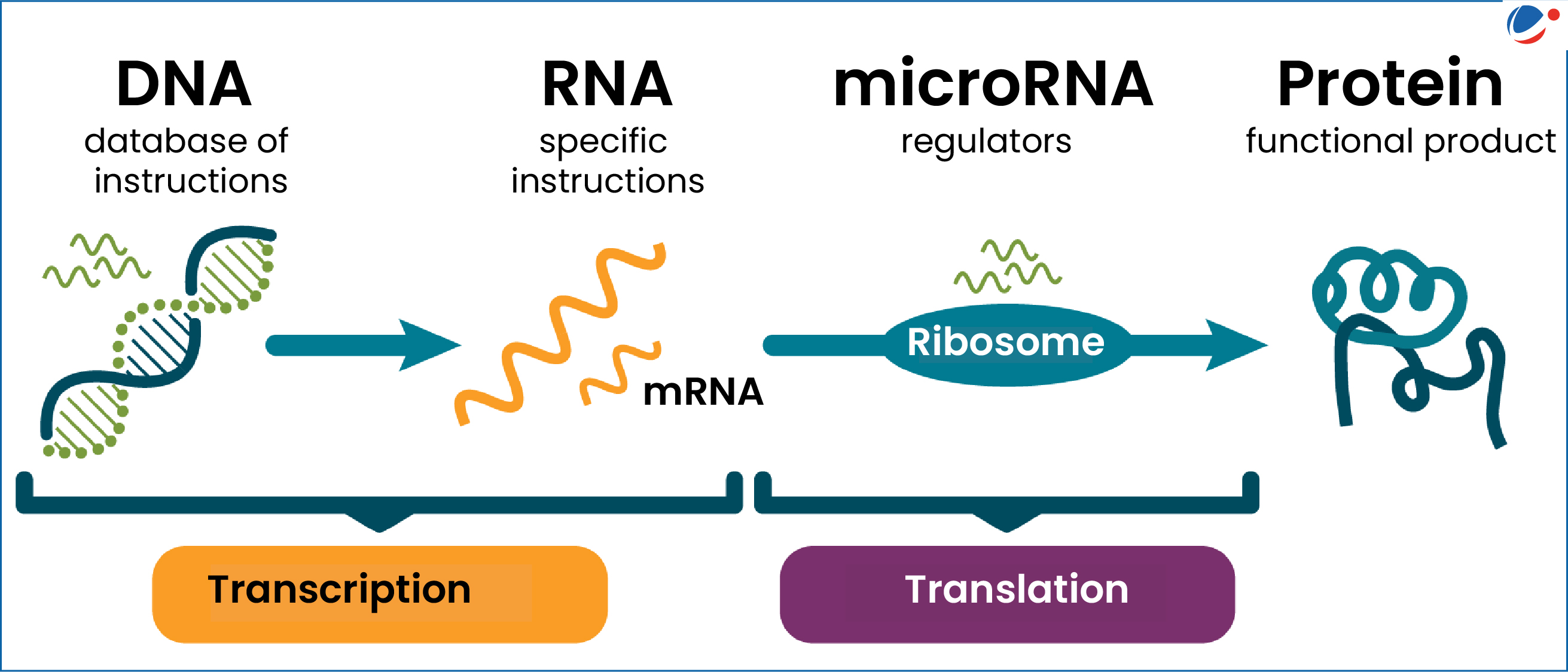American Innovation: The Crisis in Harvard’s Research Funding
American innovation has long been a driving force behind technological progress, serving as the backbone of economic growth and stability. In the face of challenges, such as recent disruptions in Harvard research funding and the Trump administration’s shifting policies, the commitment to scientific research remains as vital as ever. Innovators like Don Ingber, the founding director of the Wyss Institute for Biologically Inspired Engineering, are tirelessly working to maintain the momentum of groundbreaking projects, including organ-on-a-chip technology. This convergence of science and policy is crucial, especially as innovations in areas such as biologically inspired engineering have the potential to transform various sectors—from healthcare to space exploration. The current landscape highlights the need for sustained support and collaboration between academia and government to ensure the future of American innovation flourishes.
The spirit of creativity and invention that defines American advancement is at the forefront of discussions about future technologies. With the interplay between federal research funding cuts and the commitment of universities to push boundaries in fields like biologically inspired engineering, the landscape of scientific inquiry is navigating uncertain waters. Researchers are grappling with how to sustain progress in pivotal areas such as organ-on-a-chip systems, which are essential for evaluating health impacts in space conditions, amidst political turbulence. As the nation reflects on innovation strategies, the importance of fostering a stable environment for scientific research becomes undeniably clear. The urgency to secure funding and policy support is essential not only for the current landscape but also for the cultivation of future breakthroughs that drive technological and economic evolution.
The Impact of Research Funding Cuts on American Innovation
The recent cuts to research funding, particularly those flowing through the NIH, have raised significant concerns regarding the stability of scientific ventures in the U.S. This instability threatens to stifle the very innovation that has characterized American scientific progress for decades. A prime example can be seen at the Wyss Institute, where critical projects have been put on hold due to the suspension of approximately $2.2 billion in funding. As researchers grapple with a landscape filled with uncertainty, the potential ramifications on breakthroughs in health and technology become clearer. The loss of such funding disrupts not only current projects but also dissuades future investments in critical areas, which could ultimately dampen the innovation engine that the U.S. has relied upon for its economic growth and global leadership in science and technology.
Moreover, the ramifications of these funding cuts extend far beyond immediate project delays; they disrupt the educational journey of students and postdoctoral fellows. With many projects halted, the continuity of research training and educational opportunities diminish, jeopardizing the development of the next generation of scientists. The decision by talented individuals to seek opportunities abroad, as evidenced by a scientist who chose to leave for Europe amid this turmoil, signifies a profound shift. This brain drain threatens to weaken the American research community and, in turn, diminish the country’s capacity for fostering innovative solutions to pressing global challenges.
Navigating Legal and Ethical Dilemmas in Science
In the wake of the Trump administration’s demands and subsequent funding cuts, academic institutions face not only operational disruptions but also complex legal challenges. The lawsuit filed by Harvard against the government highlights the delicate balance between compliance with federal directives and the preservation of the autonomy that is critical for academic institutions. The legal intricacies involved in these cases require institutions to navigate an uncertain landscape, often turning them into battlegrounds for wider policy disputes. This situation has created ethical dilemmas for researchers who feel torn between the sustainability of their projects and the moral implications of complying with contentious government demands.
Furthermore, the pressure to conform can lead to a compromised integrity among scientific researchers. When funding is tied to specific governance or operational mandates, it can skew research objectives and outcomes, potentially undermining the objectivity that is essential in scientific inquiry. Such changes could foster an environment where the pursuit of knowledge is dictated more by political winds than by empirical evidence, a dangerous precedent for the integrity of science. As the legal battles unfold, the scientific community is left to grapple with the broader implications of these conflicts on the future of research autonomy and the ethical responsibilities of researchers within this shifting landscape.
Organ-on-a-Chip Technology: Pioneering Future Medical Advances
At the forefront of biological research is the organ-on-a-chip technology developed by the Wyss Institute. This cutting-edge innovation simulates human organ functions on microchips, allowing researchers to study complex biological processes in real-time. The implications for medical research are profound, offering unprecedented insights into how human organs react to various stimuli, which could pave the way for advancements in drug testing and disease modeling. The ability to examine tissue damage and drug efficacy could revolutionize treatment protocols, ultimately leading to safer and more effective therapies for patients suffering from a variety of conditions.
In addition to improving drug testing processes, organ-on-a-chip technology plays a vital role in understanding the impacts of environmental factors on human health. For instance, Ingber’s research into radiation effects on human organs directly correlates with pressing concerns about nuclear energy and its potential risks. By modeling how organs respond to radiation, this research not only enhances our understanding of potential health impacts from nuclear exposure but also informs safety protocols for astronauts and industrial applications. As the technology continues to evolve, its applications in personalized medicine and regenerative therapies could signify a new era of healthcare driven by scientific innovation.
The Role of Biologically Inspired Engineering in Innovation
Biologically inspired engineering, a hallmark of the Wyss Institute’s mission, represents a paradigm shift in how we approach problem-solving in science and technology. By mimicking natural systems, researchers are developing innovative solutions that enhance the robustness and adaptability of technological systems. This approach not only leads to the creation of new materials and medical devices but also fosters sustainable practices in engineering, promoting harmony between technology and the environment. As we face urgent global challenges—such as climate change and resource scarcity—the principles of biologically inspired engineering offer a roadmap toward sustainable progress.
Moreover, the integration of biologically inspired designs into technology can lead to unforeseen breakthroughs in various sectors, including healthcare, manufacturing, and energy. Innovations derived from nature’s models—such as self-healing materials or energy-efficient processes—illustrate the potential of this field to disrupt traditional practices satisfactorily. As American innovation strives to stay ahead of global competitors, the successful application of biologically inspired engineering can catalyze new industries, thereby reinforcing the connection between academic research and economic growth.
Addressing Workforce Concerns Amidst Research Funding Uncertainty
The wave of uncertainty surrounding research funding has significant implications for the workforce in scientific fields. As administrators like Ingber navigate the challenges of halting projects and reallocating staff, concerns grow over the job security of talented researchers, students, and postdoctoral fellows. The fear of layoffs and job migration to more stable environments in Europe perpetuates anxiety within the scientific community. Institutions must consider proactive measures to support their workforce during these turbulent times, such as providing career counseling, and facilitating transitions to alternative projects to mitigate the potential loss of talent.
Additionally, maintaining a conducive workplace environment becomes increasingly vital during periods of instability. Encouraging open communication between researchers and administrators can help alleviate fears and foster a sense of community amidst upheaval. Institutions should focus on highlighting the long-term benefits of remaining steadfast in their commitment to scientific inquiry, ensuring that employees recognize their invaluable contributions to the broader mission of innovation and discovery. Without these efforts, the possibility of a diminished workforce and the resultant decrease in scientific productivity becomes a real threat, jeopardizing the future of American innovation.
Political Influence on Scientific Research and Its Ramifications
The politicization of scientific research poses significant challenges for institutions committed to independent inquiry and advancement. When political agendas dictate research funding and priorities, it can create an environment where scientific integrity is compromised. This trend is particularly alarming in light of recent policies enacted by the Trump administration, which have altered the landscape of federal investment in research. Institutions like Harvard, finding themselves at odds with governmental demands, must navigate the tightrope of maintaining research integrity while complying with funding conditions.
Furthermore, the ramifications of political influence extend to how scientific findings are perceived and utilized in public discourse. When research is framed by political interests, it runs the risk of losing credibility in the eyes of the public, which can have lasting effects on trust in science. This erosion of trust can diminish societal support for scientific initiatives, making it challenging to secure future funding and engagement from the community. For science to thrive as a societal pillar, it is imperative to uphold its independence and allow researchers to explore evidence-based questions free from political pressure, thereby ensuring that innovation continues to flourish uninhibited.
The Urgency of Upskilling for Future Scientific Endeavors
As the landscape of scientific research evolves, so too must the skills of its professionals. The ability to adapt and specialize in emerging fields—such as biomedicine and biologically inspired engineering—becomes increasingly crucial in maintaining America’s competitive edge in global research. Upskilling initiatives across institutions can help prepare scientists for the challenges posed by funding volatility and evolving research priorities. Offering training and professional development opportunities equips researchers and students with the necessary tools to navigate the complexities of a rapidly changing environment.
Moreover, fostering interdisciplinary collaboration becomes a pivotal strategy as scientific questions grow more complex. Researchers equipped with diverse skill sets can tackle multifaceted issues from multiple perspectives, ultimately enhancing innovation outcomes. Communities of practice that encourage knowledge sharing and collaboration between biologists, engineers, and policymakers will foster holistic approaches to research that align with societal needs. By prioritizing upskilling and collaboration, institutions can better position themselves to leverage cutting-edge research that contributes to forward-thinking, sustainable solutions in science and technology.
Contemporary Challenges in Environmental Research
Environmental research embodies the intersection of science and societal responsibility, yet contemporary challenges threaten its efficacy. The growing impacts of climate change and resource depletion require urgent scientific intervention through diligent research and innovation. However, political roadblocks and funding disruptions can hinder the progress of critical environmental projects aimed at addressing these issues. Ingber’s organ-on-a-chip technology, for example, can model environmental impacts on health, yet the stability of funding sources directly influences the project’s trajectory and outcomes.
In addition to funding challenges, researchers must navigate the complexities of communicating their findings to the public and policymakers. As research elucidates the profound impacts of environmental degradation, bridging the gap between scientific knowledge and actionable policy becomes essential for fostering societal change. Failure to address communication gaps can lead to misinformation and complacency among stakeholders, further obstructing the implementation of effective solutions. Strengthening collaboration between scientists, policymakers, and community advocates can catalyze meaningful action that aligns with scientific insights, ultimately leading to a more sustainable future.
Advancing Healthcare through Technological Innovation
The intersection of healthcare and technology is a fertile ground for innovation, yet its potential remains hindered by the challenges in research funding and political influence. Projects like the organ-on-a-chip technology developed at the Wyss Institute exemplify how cutting-edge scientific advancements can reshape the healthcare landscape. By providing a more accurate modeling of human responses, this technology has promising applications in drug development, disease prevention, and personalized medicine, which could significantly enhance patient outcomes.
Moreover, as technologies evolve, so too must the regulatory framework that governs healthcare innovations. The urgency of maintaining patient safety and efficacy in new technologies necessitates agile policies that keep pace with scientific advancements. Researchers and medical practitioners must work collaboratively to advocate for regulations that support innovation while ensuring that patient welfare is prioritized. Only through this collaboration can the healthcare industry harness the full potential of technological advancements to improve health outcomes and drive progress in medical science.
Frequently Asked Questions
What role does Harvard research funding play in American innovation?
Harvard research funding is crucial to American innovation as it supports advanced scientific studies and technological development. With investments in projects like organ-on-a-chip technology at the Wyss Institute, research funding enables breakthroughs in health and space exploration that drive progress in the U.S. economy.
How have Trump administration policies impacted American innovation?
The Trump administration’s policies have created uncertainty in American innovation by imposing stop-work orders on significant research projects and freezing funding. Such measures threaten ongoing scientific advancements and could lead to setbacks in research that underpins technological progress.
What is organ-on-a-chip technology and its significance in American research?
Organ-on-a-chip technology, developed at institutions like Harvard’s Wyss Institute, replicates human organ functions on a microchip. This innovation is significant for American research as it allows scientists to study disease processes and test treatments more effectively, thereby accelerating drug development and enhancing healthcare.
Why is scientific research stability essential for fostering American innovation?
Scientific research stability is essential for fostering American innovation because it ensures a consistent flow of funding and support for research initiatives. When researchers feel secure, they can focus on pioneering work that leads to technological advancements, benefiting the economy and society.
In what ways does biologically inspired engineering contribute to American innovation?
Biologically inspired engineering, a field championed by institutions like Harvard, contributes to American innovation by applying principles from biology to develop new technologies. This approach leads to innovative solutions in areas such as healthcare, environmental sustainability, and robotics, driving technological advancements.
| Key Points | Details |
|---|---|
| Stop-Work Order | The Trump administration issued a stop-work order affecting Harvard’s research projects, including Don Ingber’s organ-on-a-chip technology. |
| Funding Freeze | Approximately $2.2 billion in research funding was frozen after Harvard rejected government demands. |
| Legal Action | Harvard filed a lawsuit against the Trump administration, arguing that the demands were illegal and unconstitutional. |
| Impact on Researchers | The stop-work order caused uncertainty for researchers and led to immediate layoffs or project reallocations. |
| Projects Overview | Ingber’s projects are focused on organ damage from radiation and studying astronaut health in microgravity. |
| Concerns about Innovation | The halt in funding and projects threatens the future of American innovation in science and technology. |
| International Talent Flight | Scientists are leaving the U.S. for opportunities abroad due to instability in the research environment. |
| Economic Implications | The health of the economy is tied to the innovation engine fueled by government and academic partnerships. |
Summary
American innovation faces significant challenges as recent political decisions lead to funding freezes and project shutdowns at major research institutions. The resulting uncertainty disrupts crucial scientific work and hampers the collaboration necessary for continued technological advancement. Experts warn that these developments could deter talented researchers from pursuing careers in the U.S., undermining the very innovation engine that has driven the country’s economy for decades.









